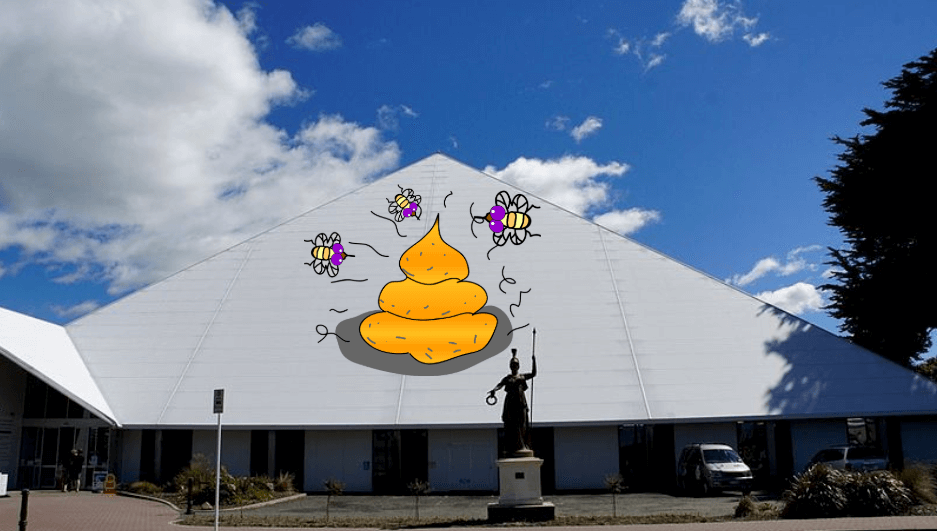We all take chances every day, and no matter how careful we are, any of us can die at any time. You could be involved in a car crash, get knocked off your bike, fall on the footpath, slip getting out of the bath, or off a ladder. An aeroplane could fall out of the sky and into your bedroom, you could die from smoke or fire, drown, get struck by lightning, or succumb to a volcanic eruption, tsunami, wild weather, storm surges, the list goes on.
Should people be prohibited from driving, walking, biking, flying, or going up ladders, to the bathroom, the West Coast where the risks of major earthquakes are severe, or Auckland, where you might get engulfed by a tsunami? Of course not, that would be Big Brother gone mad. After all, we live in a democracy where each of us decides on the risks that we are prepared to take.
And yet, whoever decided to close the Southland Museum and Art Gallery also decided that they had the right to determine the level of risk that you and I should take.
So, the risks in the museum from a big earthquake must be extreme, and the need to take action urgent, right? Well, the consequences would be catastrophic, but an important decision does not necessarily have to be made urgently – and there was no need to hurriedly close the museum.
A magnitude-9 earthquake, which is the one that poses the most significant risk to life, has a return period of 2,000 years in Invercargill. Statistically that means a killer quake could hit Invercargill sometime in the next 2,000 years. It could be tomorrow or in the year 4019, or any time in between.
Statistically, there is a 1% chance that it will hit in the next two years. Would visitors to the museum accept a 1% risk over two years, which equals one chance in 730,000 that the Big One would hit on the day that they were there? Certainly, most would.
The museum and the three councils that govern it would not have been held legally liable for any deaths. They could have put signs up saying the building was an earthquake risk (but every building is a risk and just how significant a risk the museum is is subject to serious disagreement) and visitors to the museum could have decided themselves whether to enter. The trustees and councils would then have had a couple of years to sort out what to do.
So, what was the hurry with the closure? The decision was knee-jerk and unjustified, and probably more to do with covering arse than saving lives.
The museum is governed by the Southland Museum and Art Gallery Trust Board, and it is funded by the Gore Borough, Invercargill City, and Southland District Councils. The Trust Board can’t decide what to do now because all three councils must agree (how long does that take?) so there is a proposal that only one council – probably Invercargill City – governs the museum.
But that being the case, who decided on the closure? How independent is the trust board? Why did the Invercargill City Council announce the closure? Did the ICC make the decision?
Currently, the trustees are from ICC, SDC, Friends of the Museum and Art Gallery, and community representatives. However, that information is from the museum’s website, and it may be as out-of-date as the collective knowledge of liability under the Building Act.
Even if staff were seconded to the ICC while working at the museum, that did not mean that the facility itself had to be closed. And if trustees and/or councils will be liable if the building falls on anyone in it, why are people still working there?
And now, why is the report on options not being made public? ICC says that stakeholders know the contents of the report, but that is not true. Every Southlander is a stakeholder and the Secret Squirrel Society is withholding that information.
Why? It can hardly be that it is commercially sensitive, so could it be because it will be embarrassing to ICC, which appears to have driven the closure? But anyway, why haven’t the trustees released the report? Are trustees just lackeys of the ICC?
This whole sorry saga is a blight on the museum trustees and the ICC. The trustees, council, mayor, and councillors are the servants of the people. It’s about time they started recognising that and paid more than lip service to transparency.
Dave Rohan.

